Break free from Big Tech censorship. Discover social platforms that prioritize your right to speak freely and protect your privacy.
At a time when data privacy concerns and content moderation policies frequently dominate headlines, shifting to free speech or private social media platforms offers a compelling alternative. These platforms prioritize user privacy and freedom of expression, ensuring that individuals can share their thoughts without the fear of undue censorship or surveillance.
Unlike Big Tech companies, which often harvest user data for profit, these smaller, privacy-focused platforms tend to resist such practices, providing a safer, more secure environment for personal information.
By choosing these alternatives, users support a digital ecosystem that values democratic ideals and fosters a diverse range of viewpoints, enhancing the quality of discourse and protecting individual liberties.

Nostr, short for "Notes and Other Stuff Transmitted by Relays," is a decentralized social networking protocol designed to promote free speech. Unlike centralized platforms, Nostr is not controlled by any single entity, reducing the risk of censorship and allowing users to freely express their opinions.
To access and interact on Nostr, users need to use a client, which is a software application that connects to the Nostr network. The combination of a decentralized network and client-based access makes Nostr unique in its commitment to upholding free speech in the digital age.
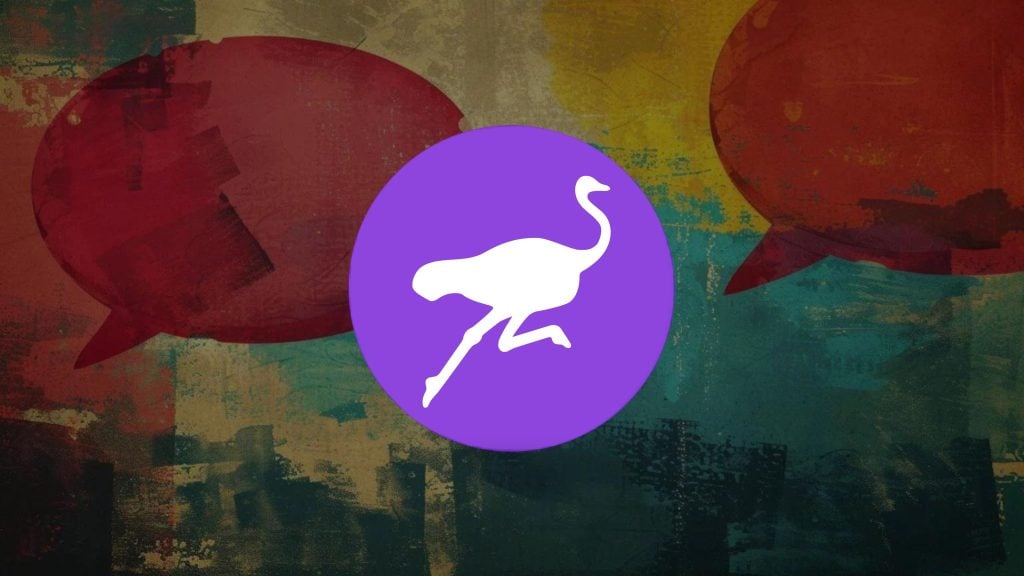
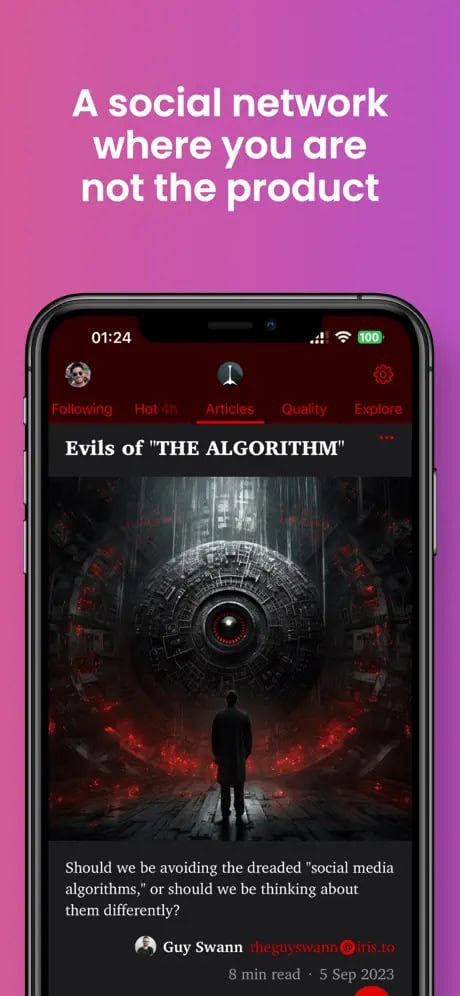
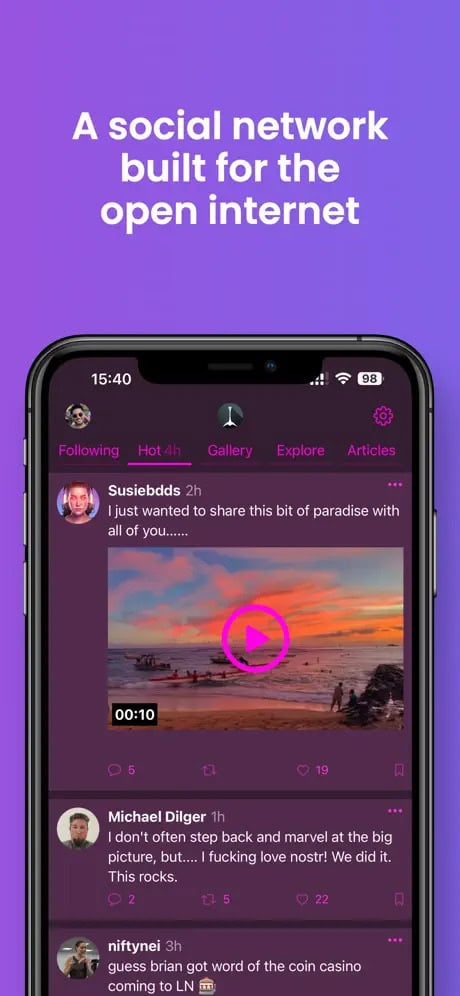
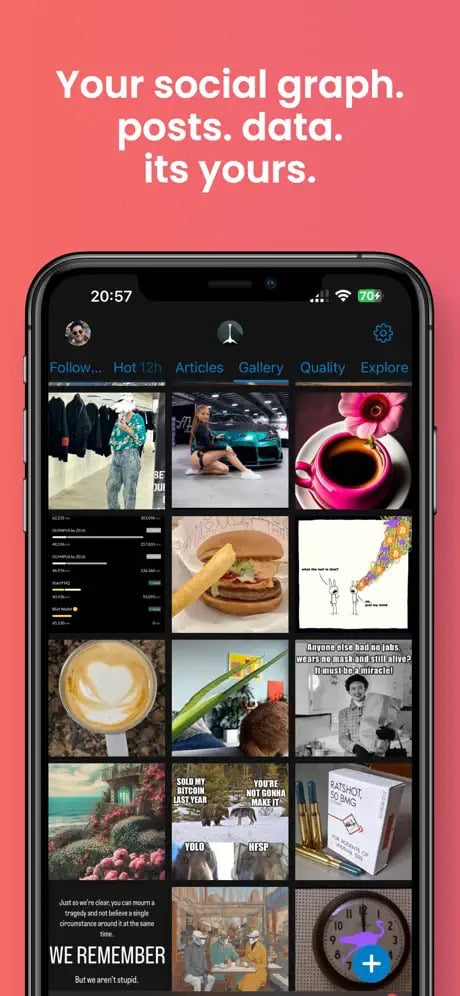
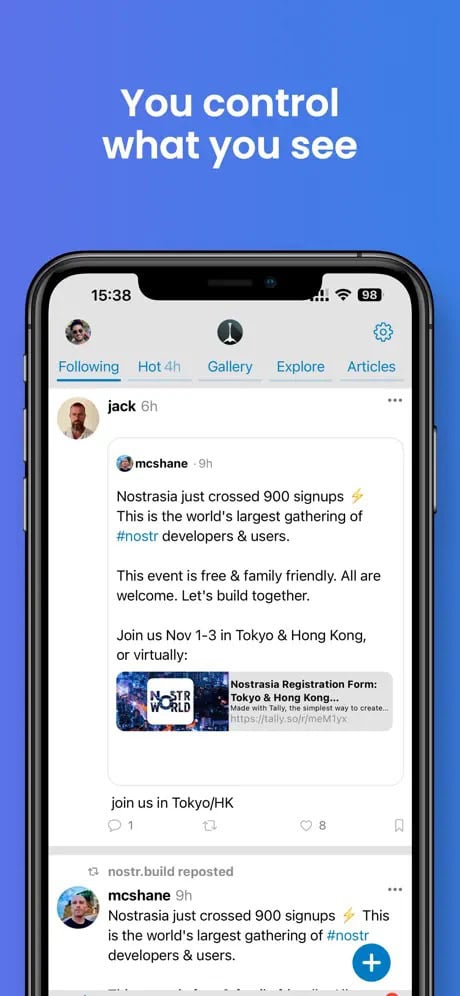
Gab has positioned itself as a bastion of free speech by steadfastly resisting external pressures to conform to mainstream content moderation practices. Founded on the premise of upholding unfettered speech, Gab has faced significant scrutiny and challenges from both governmental bodies and private entities.
Despite these obstacles, the platform has managed to persist by leveraging decentralized technologies and aligning itself with web hosting and financial services that support its mission. This resilience has made Gab a haven for those who feel marginalized by other platforms' policies.
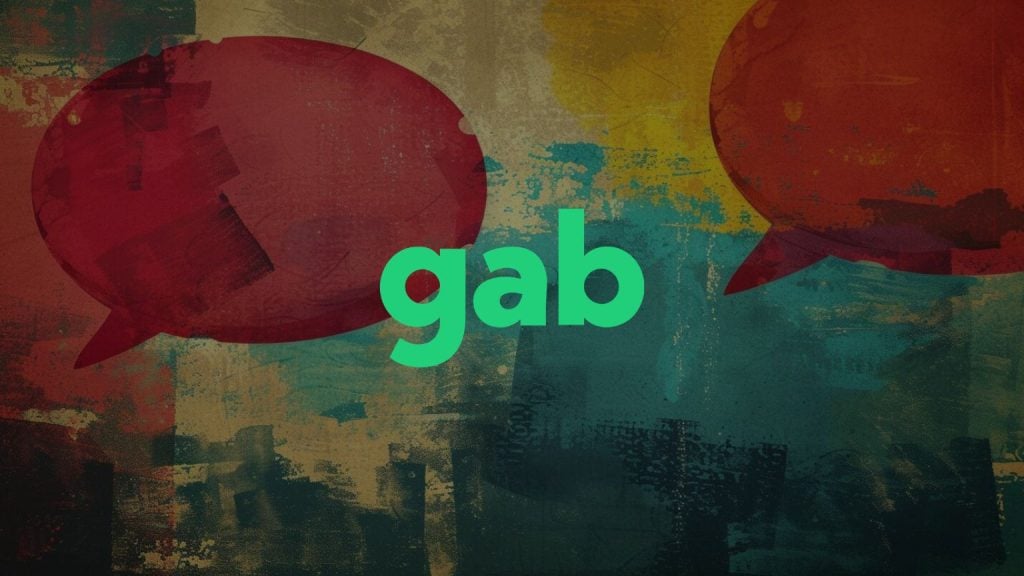
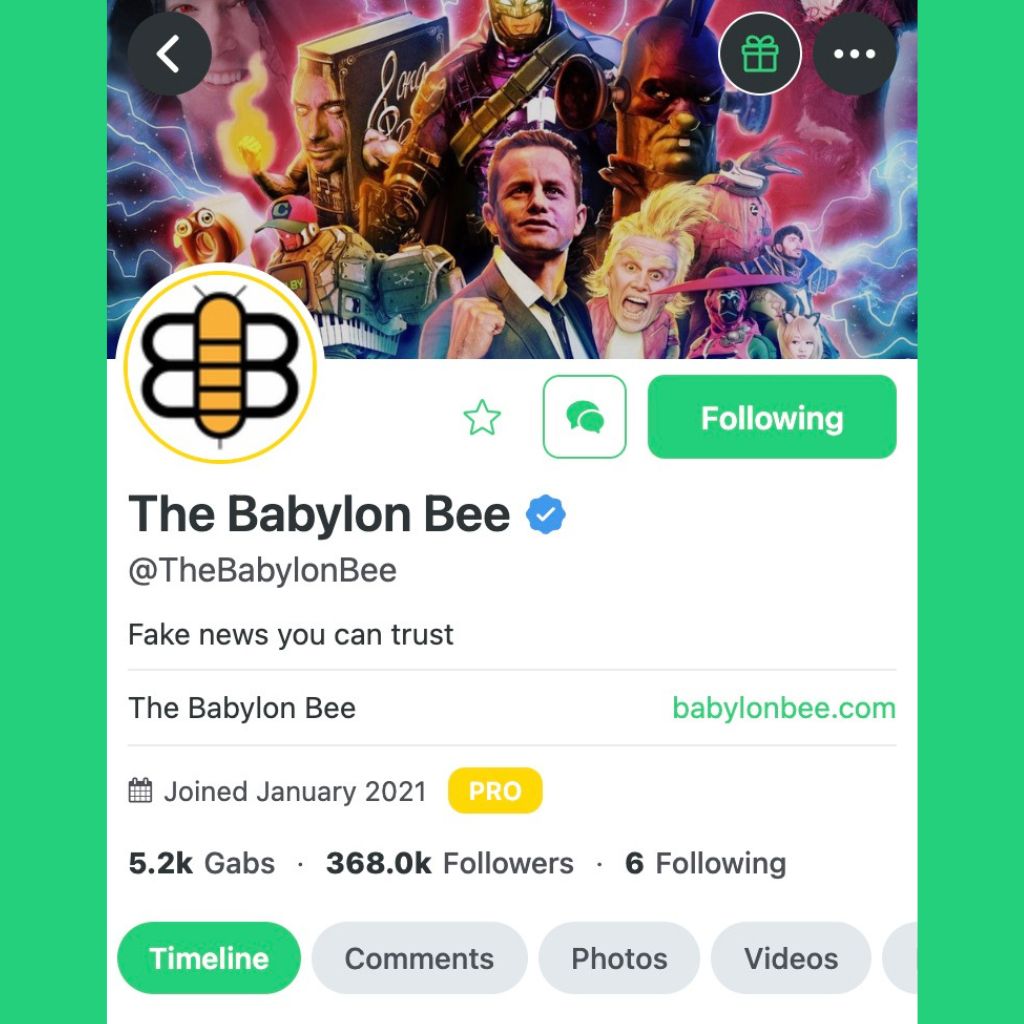
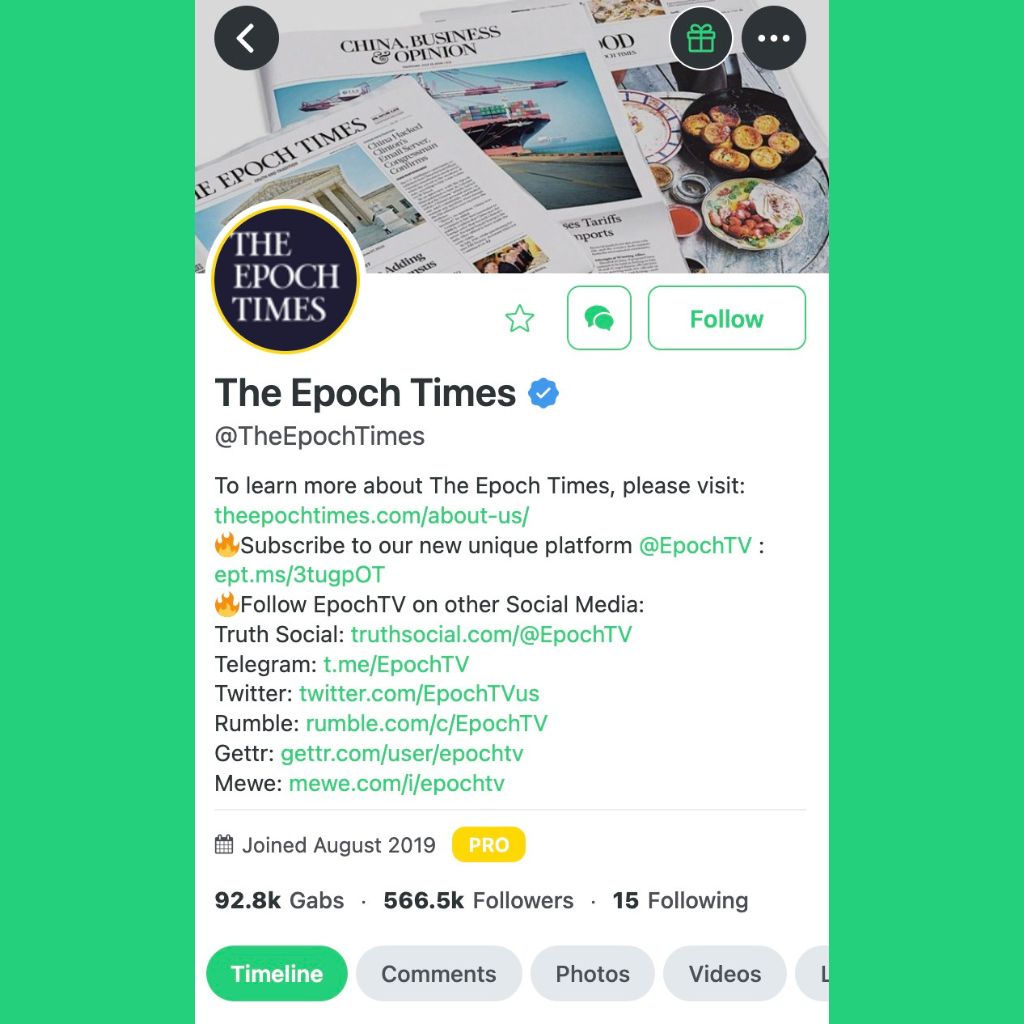
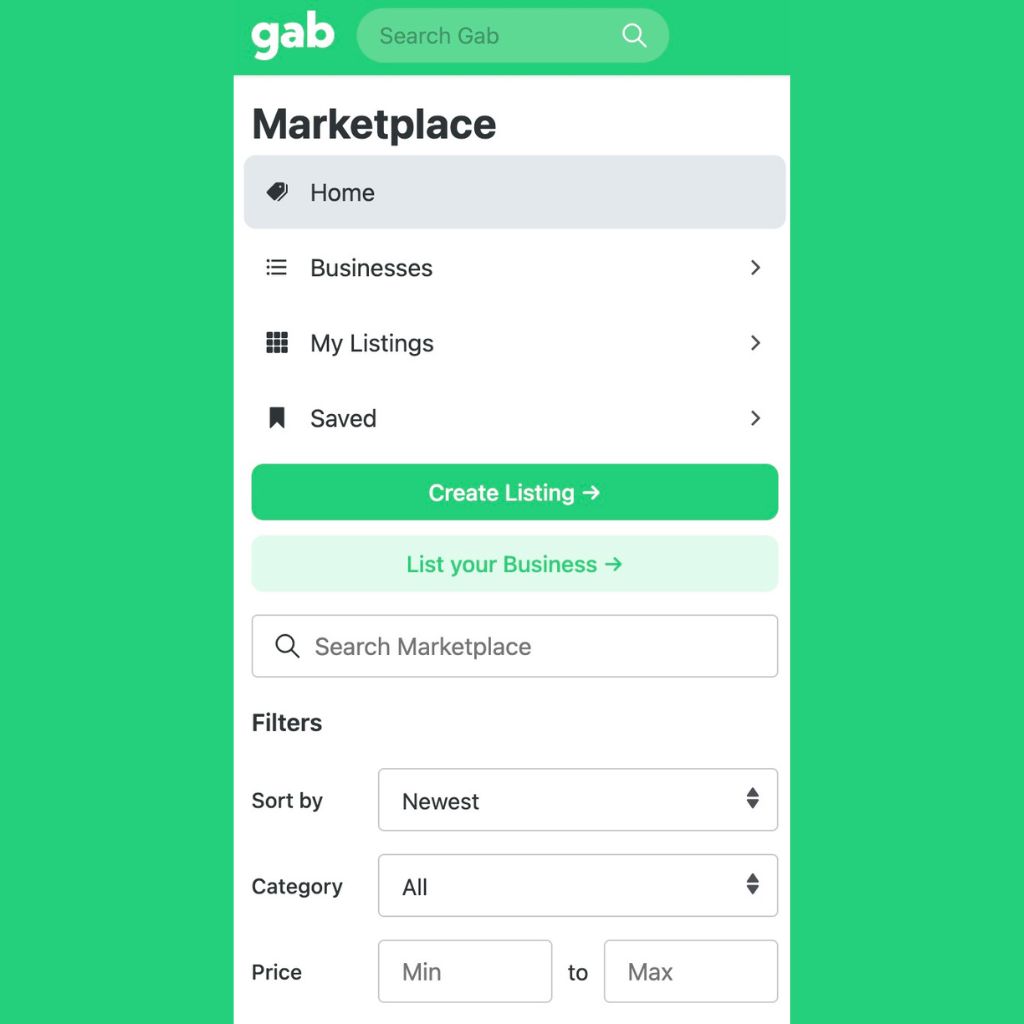
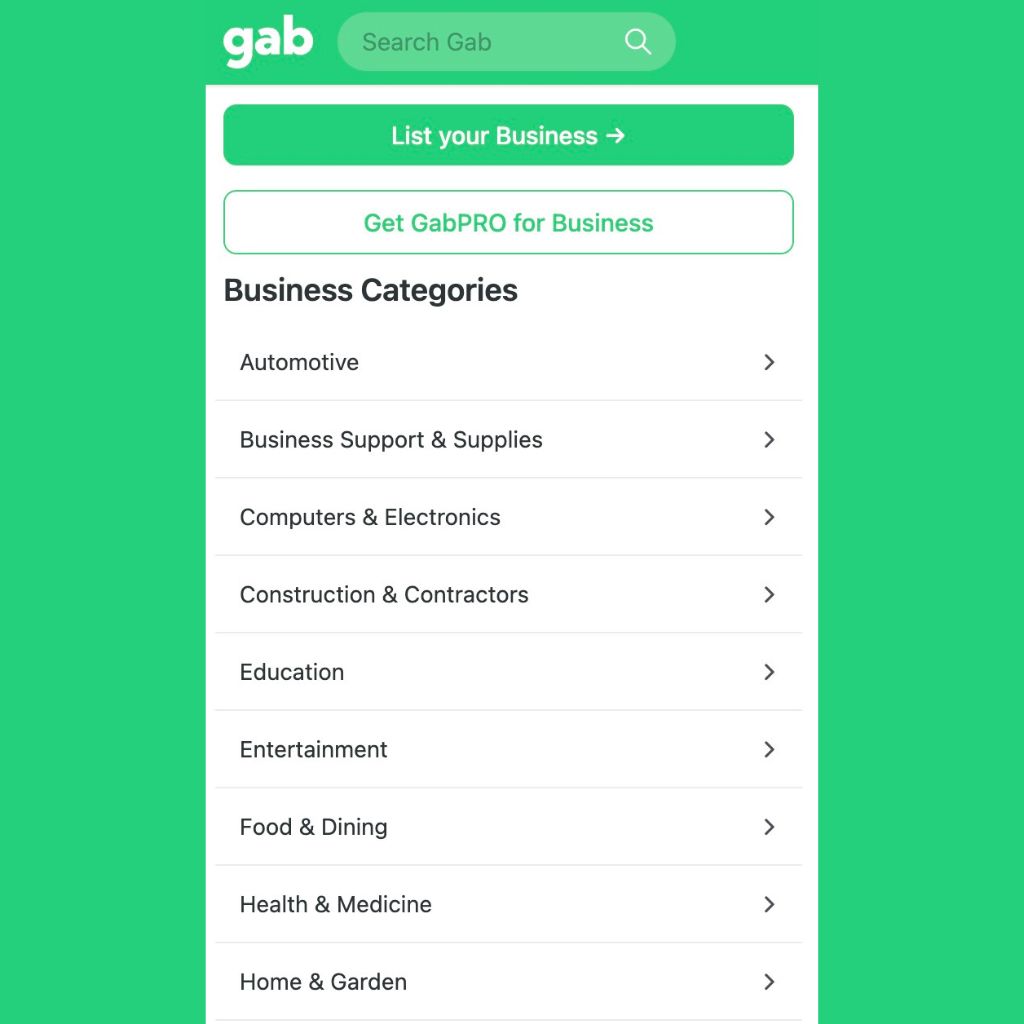
Truth Social has emerged as a prominent platform committed to safeguarding free speech, particularly for those who feel their voices are stifled on other social networks. Launched as a response to biases in traditional social media, Truth Social emphasizes an unmoderated approach to content.
Its establishment under the aegis of President Donald Trump has not only heightened its profile but also underscored its dedication to creating a censorship-resistant environment. By maintaining operational independence from the tech giants, Truth Social provides a unique forum where discourse can flow more freely.
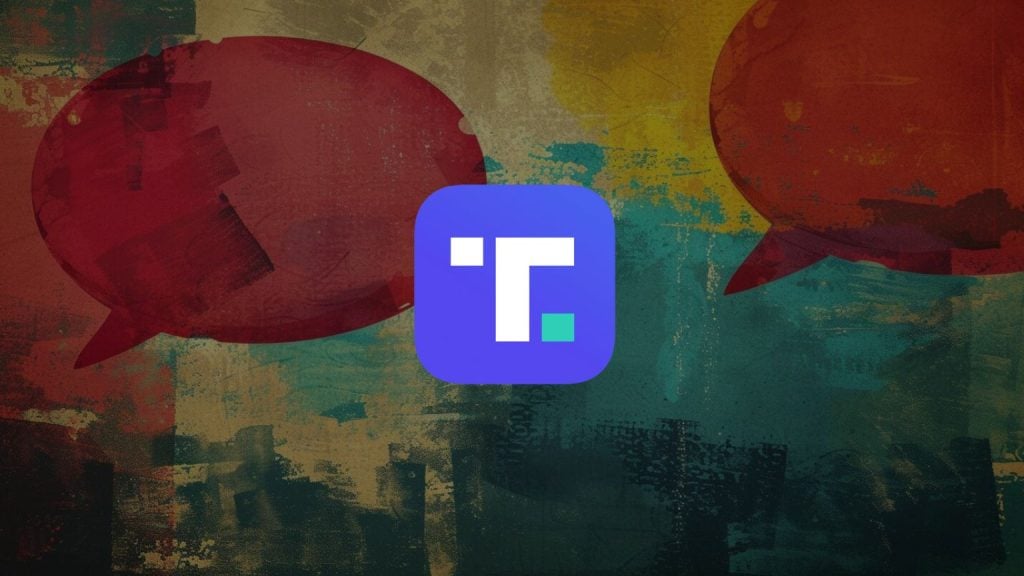
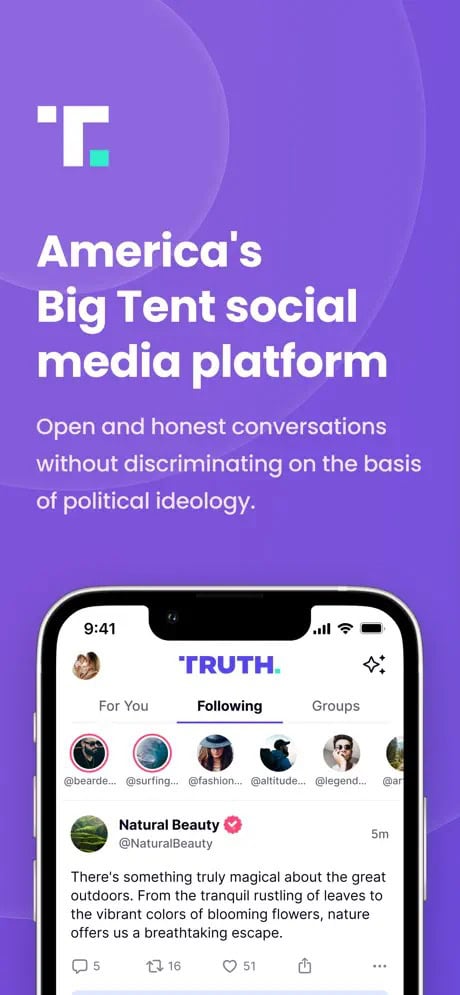


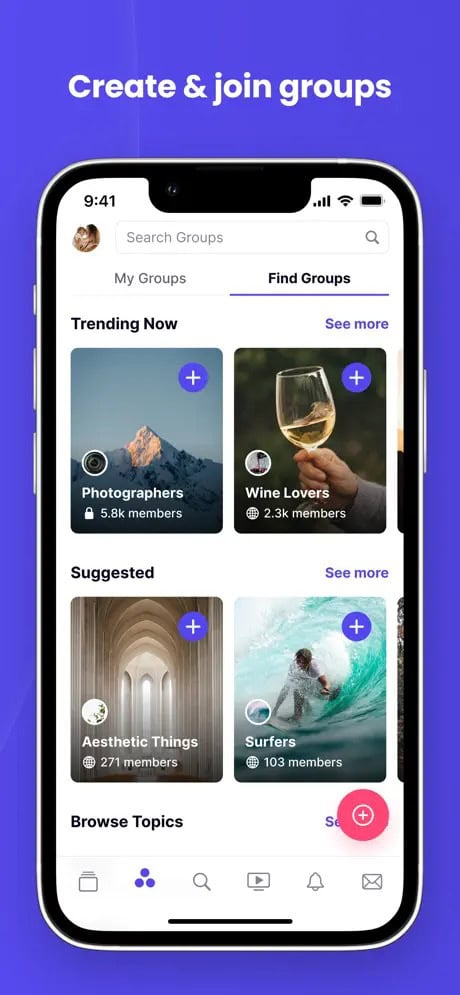
X, formerly known as Twitter, has been rebranded and repurposed with a strong emphasis on promoting free speech. Under Elon Musk's ownership, X is positioned as a digital town square where a wide spectrum of opinions can be expressed without the constraints often imposed by traditional media outlets.
This redefinition aligns with Musk's vision of minimizing censorship. The platform seeks to foster open dialogue and debate, reflecting Musk's belief in free speech as a fundamental right. It's not perfect but it's a lot better for free speech than old Twitter.
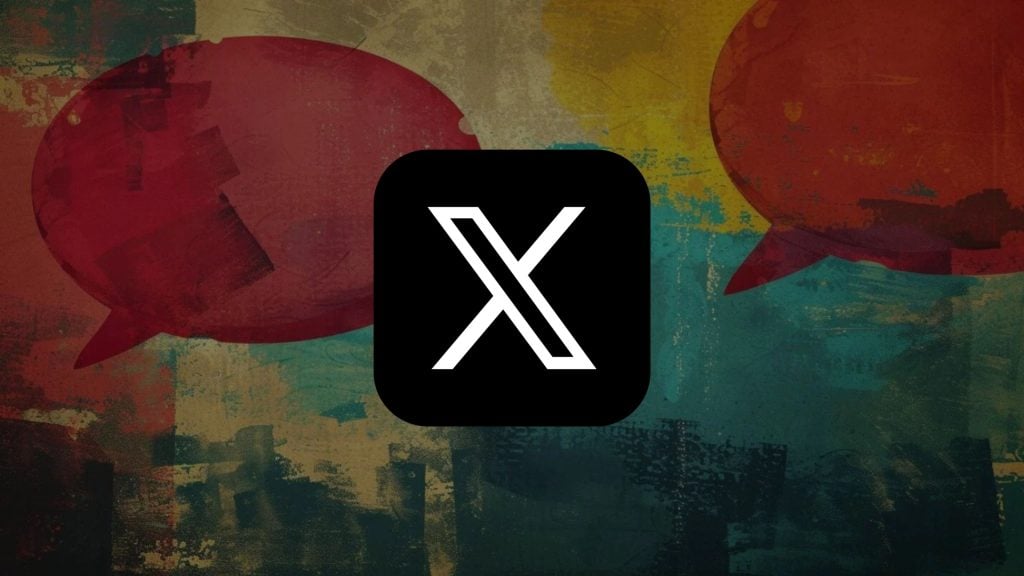




Minds has carved out a niche in the social media landscape by emphasizing transparency, privacy, and free speech. This open-source platform encourages unfiltered expression and robust debate, fostering a community where diverse viewpoints can coexist.
Unlike mainstream social networks, Minds utilizes a decentralized structure that minimizes central control and resists censorship. It also rewards users with cryptocurrency for engagement, adding a layer of economic incentive to content creation and interaction.

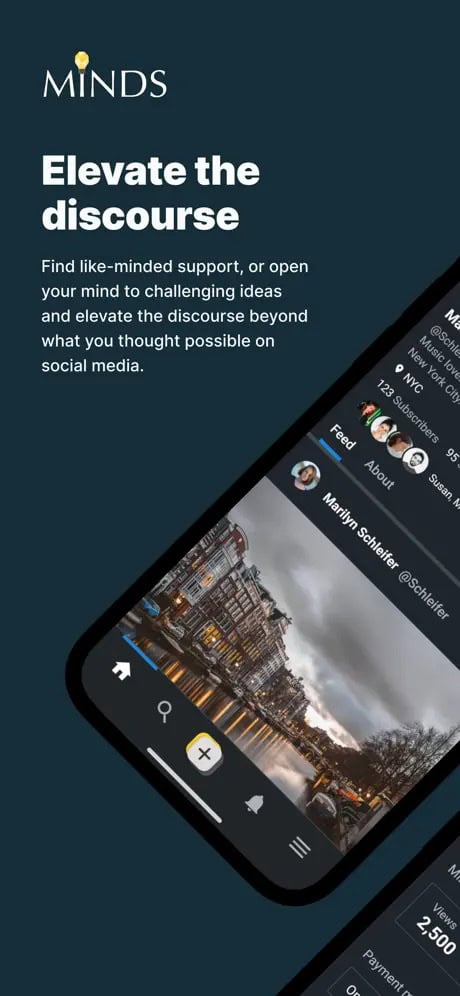

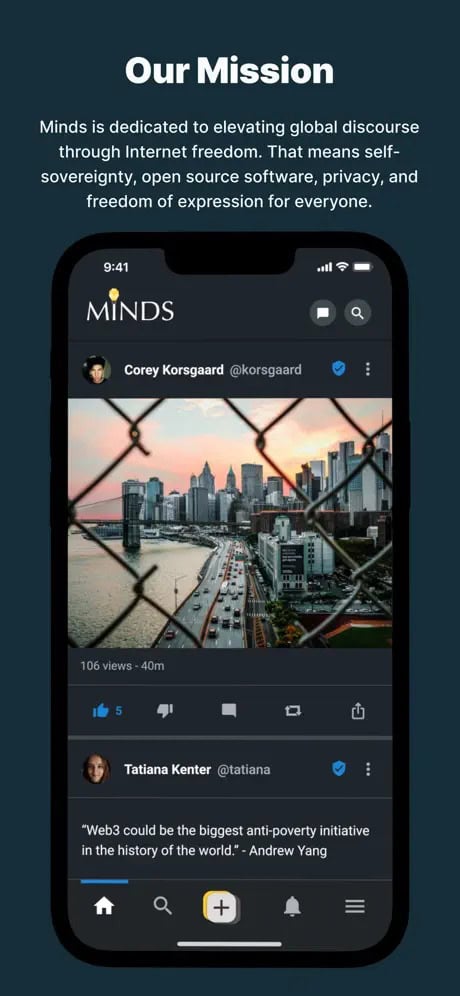
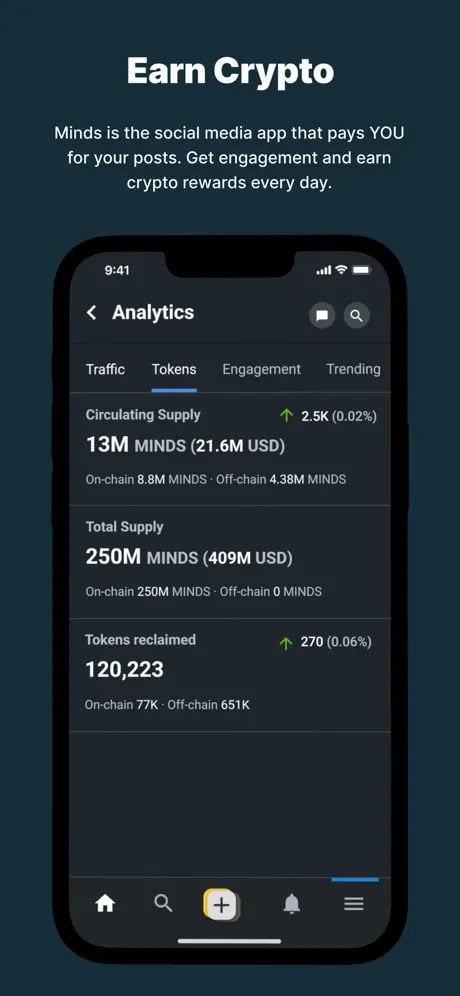
A free, open source, decentralized, peer-to-peer, federated social network that's powered by the ActivityPub protocol. The distributed setup means that there's no centralized authority to censor content. Instead, anyone can start an instance and set their own rules.
All Mastodon instances are interoperable and can connect with other Mastodon instances and other platforms that support ActivityPub such as Friendica and PeerTube. Standout features include custom emojis, spoiler warnings, the ability to redraft posts, and focal point settings for images.
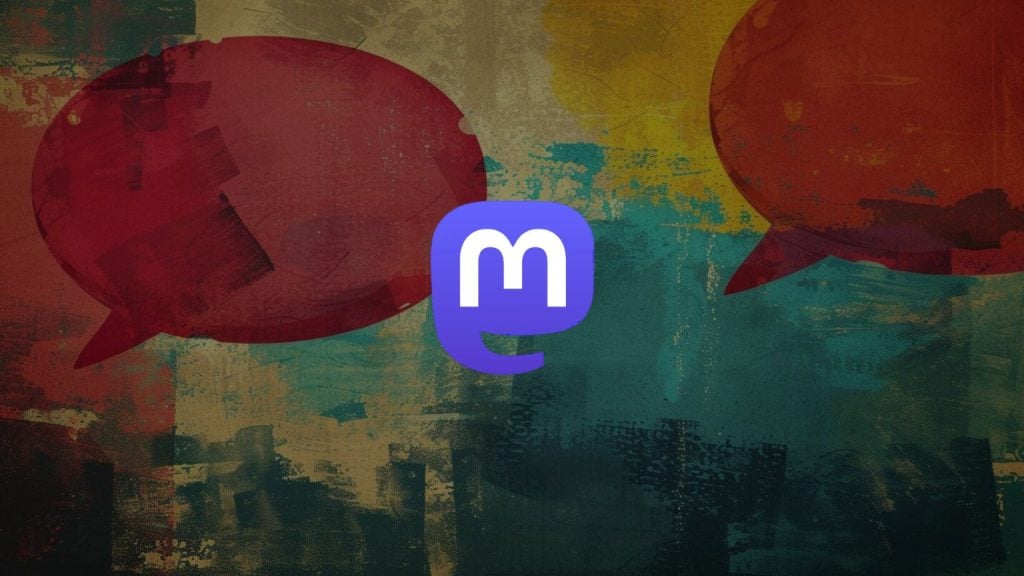


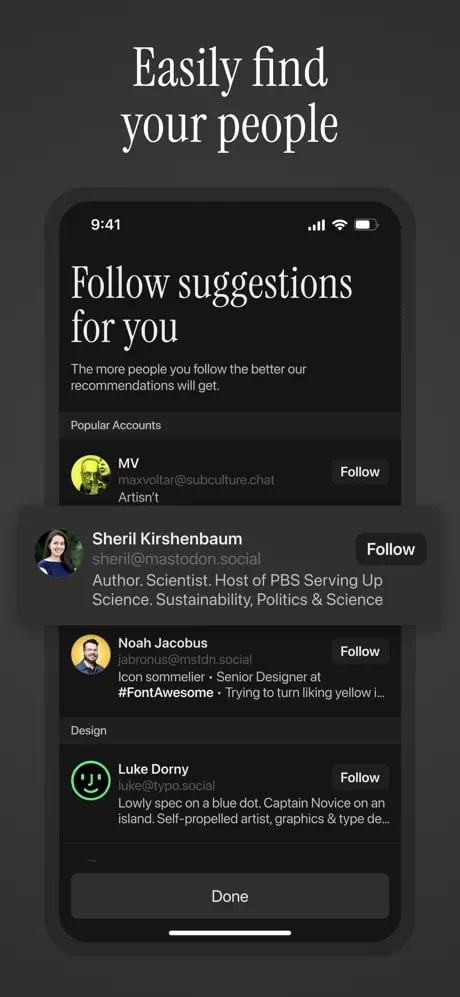
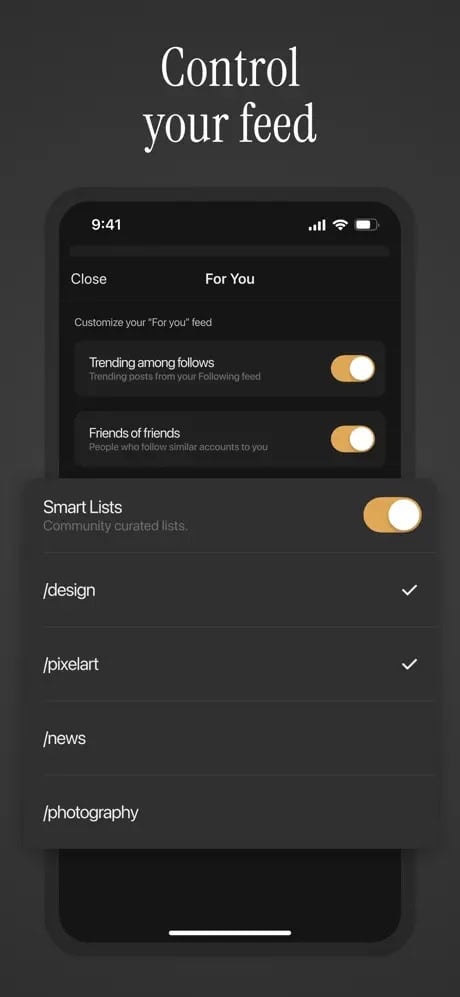
Reclaim The Net is reader-funded. Join our community and get access to more privacy guides, tool recommendations, and in-depth investigations.
Become a Member